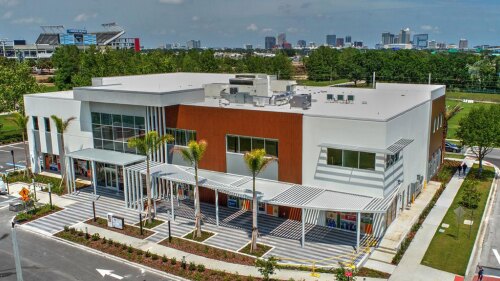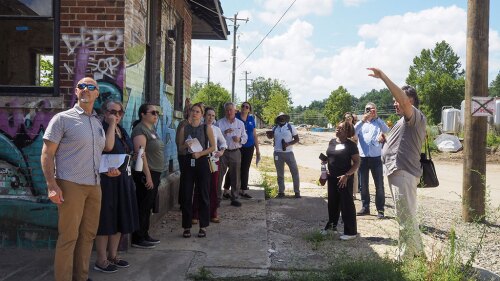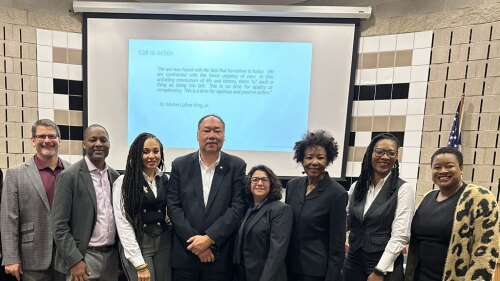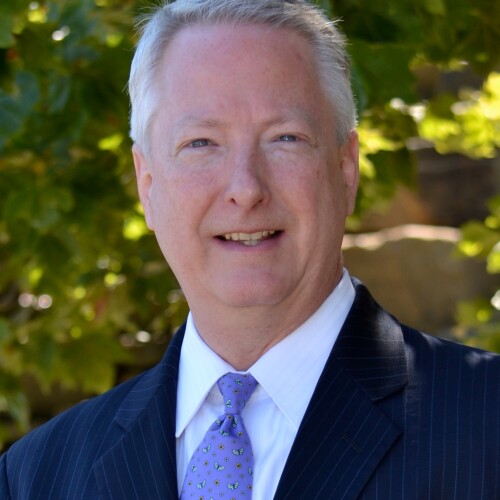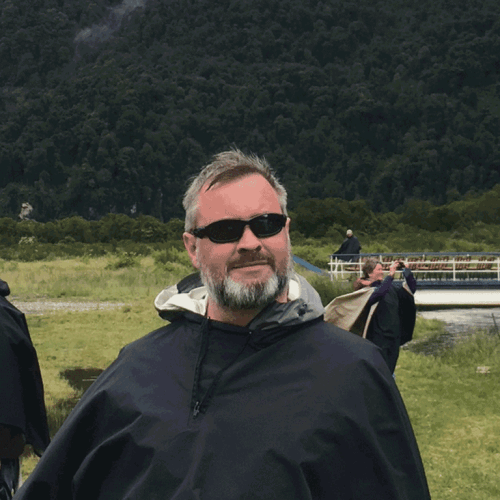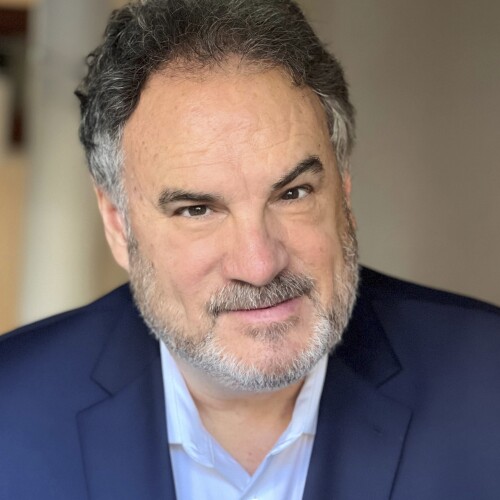Jeff Speck and I first met in 2004. I had just been elected mayor of Oklahoma City, and I was invited to Charleston for an event hosted by the Mayors’ Institute on City Design. Jeff was one of the design professionals lending expertise to mayors facing complex planning issues.
As 2025 draws to a close, the year’s most-read articles in Urban Land magazine reflect a pivotal moment in urban development. Themes reflected this year include resilience against climate-driven disasters, ambitious waterfront and downtown revitalizations, stabilizing construction economics, entertainment-anchored urban renewal, and innovative housing strategies. These stories also capture the industry’s focus on adaptive, inclusive, and forward-thinking land use.
Better Angels, a nonprofit tackling Los Angeles homelessness, is working to deliver dignified affordable housing in one third of the time and cost of conventional loans. Eviction-preventing microloans and tech tools empower outreach workers.
Since Microsoft established its headquarters in Redmond, Washington, in 1986, the company’s campus has grown from four buildings to more than 100. The East Campus Modernization Project is the latest addition: replacing several older structures with ones designed to meet the demands of the modern hybrid workplace—and embody the company’s commitment to both employee well-being and environmental stewardship.
Industry Voices
Several architecture and infrastructure projects add up to a new public realm exalting the pedestrian experience
Three existing federal tax incentive programs that have been used frequently by developers received significant upgrades in this summer’s One Big Beautiful Bill Act. Low-income housing tax credits (LIHTCs) have long provided gap equity for affordable housing projects all over the country. New markets tax credits have been providing gap funding for a wide variety of economic development projects for more than 25 years. More recently, Opportunity Zones have steered investments in projects in low-income communities. The Big Beautiful Bill made improvements to each of these programs.
Few properties in South Florida, or ones well beyond the area, embody vision and resilience quite like Pier Sixty-Six. With its unmistakable spire-crowned tower, set along Fort Lauderdale’s storied Intracoastal Waterway, the landmark has defined the city’s skyline for more than half a century. As a multi-billion-dollar redevelopment of this 32 acre (13 ha) waterfront is now complete, Pier Sixty-Six stands as a model for how iconic real estate assets can be reborn, honoring their history while shaping the next century of urban waterfront development.
Around the turn of the 21st century, downtown Kansas City, Missouri, faced challenges familiar to many American cities: abandoned buildings and surface parking lots filled 10 core blocks despite multiple redevelopment attempts dating to the 1960s. The downtown residential population was sparse, and some 60,000 downtown office workers made haste for the suburbs at 5 o’clock each weekday.
In 2013, when the founders of Redbrick LMD looked over a large swath of land in Southeast Washington, D.C., they immediately connected with the breathtaking views of the U.S. Capitol, the Washington Monument, the Anacostia River, and expansive green space. They recognized that this kind of access was rare anywhere in the region, but especially in this often-overlooked corner of the city.
The evolution of community efforts to improve access to housing reveals that successful projects often hinge on fostering strong local partnerships that can provide essential supports and services.
Project Profiles
Holiday travelers may notice that airport-connected hotels are incorporating more regional touches, from façade to dining. Here are five examples that offer the ultimate luxury, a short walk from guest room to terminal.
Data centers entail a massive carbon footprint, both physically and operationally, and have often been criticized for their significant energy consumption. The environmental consequences have become even more acute with the rise of AI, which requires enormous computing power and cooling. Cities, designers, and policymakers now face the urgent challenge of reimagining these resource-intensive facilities so that they can meet rising energy demands while mitigating climate pressures, ensuring these buildings enhance their immediate environments rather than compromise them. The Terra Ventures Data Center in San Jose, California, exemplifies this socially responsible approach. Expected to be completed in 2027, the new facility aims to showcase how careful planning can meet both global demand and local responsibility.
The scarcity of on-campus housing—especially affordable housing—means many students have little choice but to forgo the convenience, economy, and other benefits of campus life. Now, California State University, Northridge (CSUN) has become the first in the CSU system to address this disparity by adding new on-campus housing that is both affordable and can be quickly replicated across the entire system to bolster its on-campus populations.
ULI Advisory Services
New resilience framework touches on infrastructure, economy, equity, housing, and cultural vitality.
A team of ULI experts visited Fort Worth in September 2024 to develop anti-displacement strategies for the city’s historic, majority Hispanic Northside neighborhood, which faces mounting pressure from two nearby megadevelopments, as well as broader metropolitan growth trends that drove up the area’s property values 60 percent from 2016 to 2021.
A group of experts representing ULI visited Buffalo, New York, last November to make recommendations for reviving the city’s Jefferson Avenue Corridor, the main thoroughfare of a historically black area that has suffered a decline in commercial, social, and civic activity and engagement as the result of decades of disinvestment and a recent racially motivated shooting.
Urban Land Contributors














